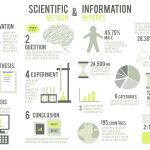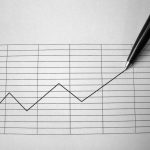Now you’ve got all your results, you need to work out how to best present your results so that other researchers know what your study found. In this section of the guide you’ll find all the information you need to do so.
Step 4 Page 1 - Academic Posters
Academic poster have a different type of formatting to posters you may have previously done. Academic posters are to show what your research did and the results it found. They are often used in conferences to show a wide range of projects. Have a look...
Step 4 Page 2 - Stats and Laying Data Out
When you are collecting, analysing, or presenting your results, it is very important to plan ahead and consider the differences between types of data and how they can laid out. It needs to be in the clearest way possible so that people who haven't done...
Step 4 Page 3 - Giving a Good Presentation
Anyone can give a good talk. Everyone can improve their talks. All scientists should be trained in the basics of giving talks, to the great benefit of both their research programs and the people in their audience. The aim of these principles from public ...
Step 4 Page 5 - Writing a Scientific Report
When writing a scientific report, it is important to remember the questions you asked, the hypothesis you created, and all the data collection you did. This can all be seen on The Scientific Process page. After you have considered that, there are a...
Step 4 Page 6 - References
Whether you take information from online journals, books, magazines, webpages, or any other source, it is essential that you show where the material came from and give credit. This is called referencing. Referencing isn't only for the benefit of the people...
←Go back to Step 3 Page 2 – Getting into the Lab ←Go to Step 4 Page 1 – Academic Posters→





